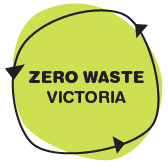Anna Matilda: The Urban Nanna
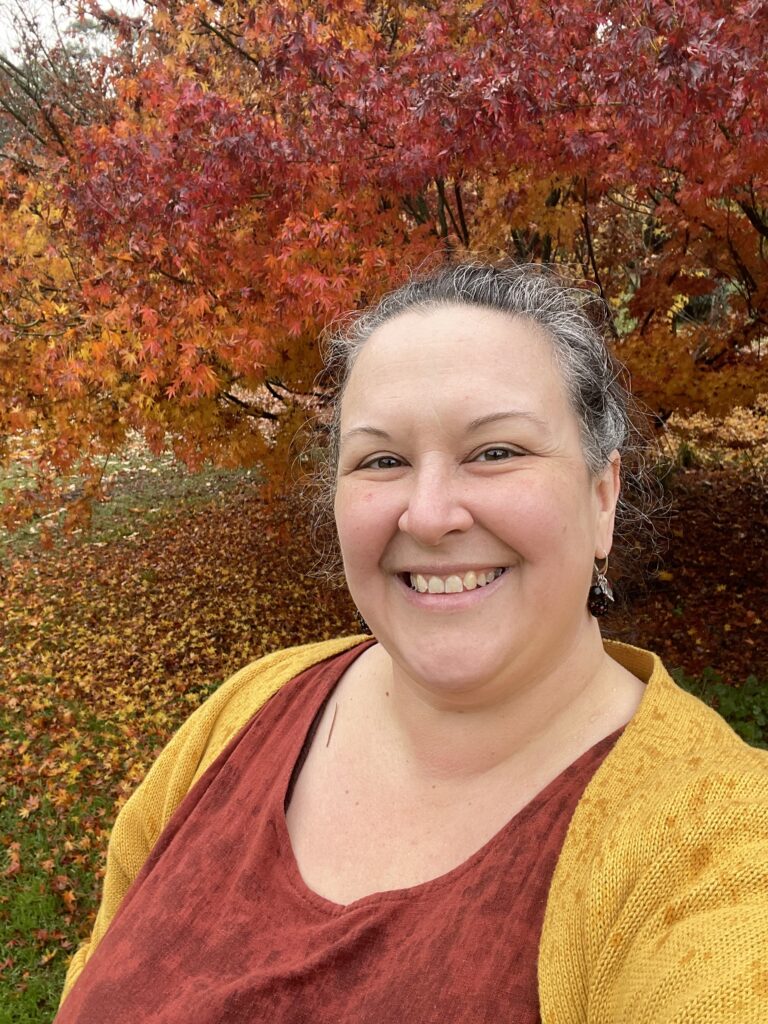
Caitlin is a circular economy (CE) leader, who supports the circular innovation ecosystem as a trainer, facilitator and strategic convenor. Caitlin has experience in program design and management, partnerships, and facilitating co-designed and locally-led planning, implementation, reporting, and evaluation processes. Caitlin came to CE via the NFP sector, and now leads RMIT Activator’s circular economy programs, helping catalyse the growth and scale of the circular entrepreneurial community across Victoria.
Simon Toohey
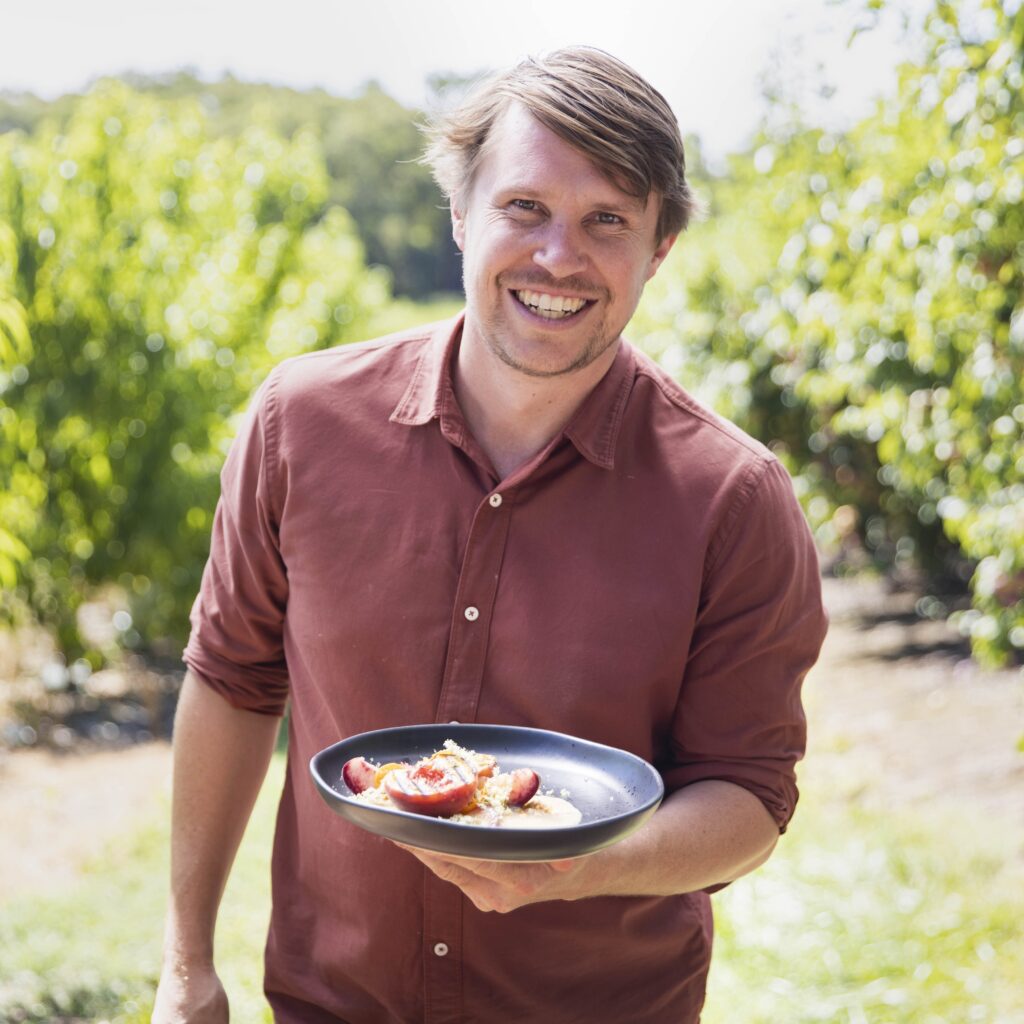
Vice President of Circular Economy Victoria (CEV), holds formal qualifications in Marketing, Entrepreneurship, Applied Finance, and Innovation for Sustainability. Inspired by War on Waste, Marty redirected his expertise to address single-use waste by co-founding TCX | The Cup Exchange, a 100% circular economy solution for eliminating disposable paper cups. Passionate about advancing ‘business for good,’ he also founded Circulise, a training company focused on empowering business leaders to embrace circular economy principles and harness AI for sustainable, value-driven practices.
Kade Berman
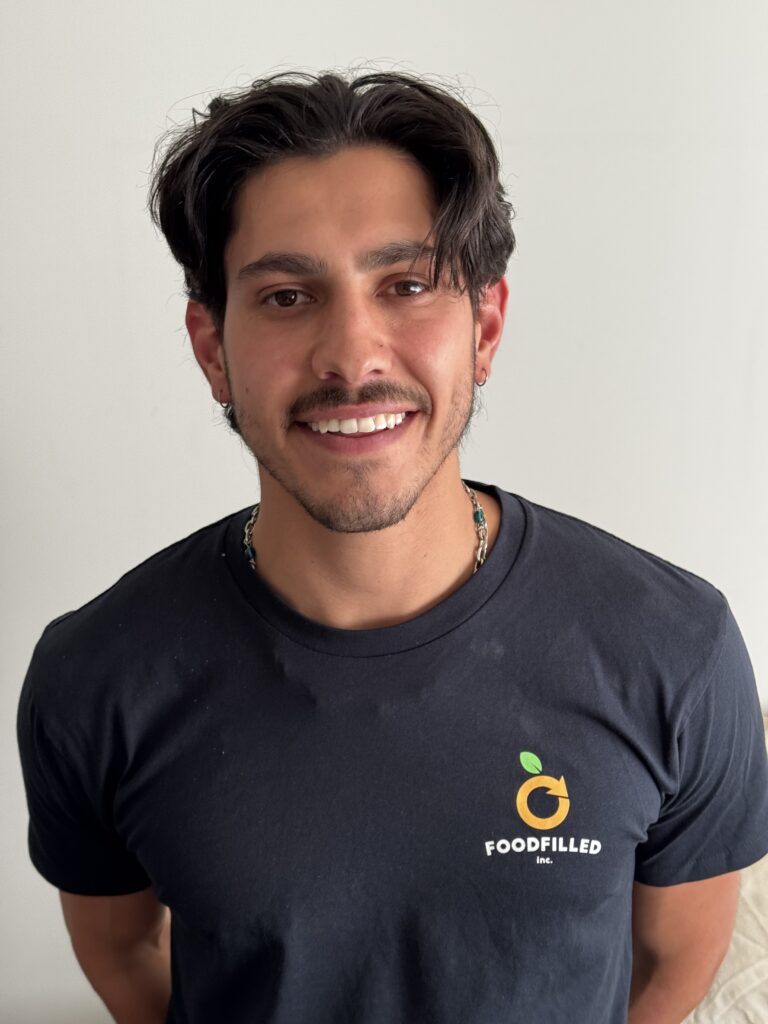
Kade is a dedicated advocate for social justice and environmental protection, with experience in volunteer coordination, fundraising, and program development.
With a background in global challenges and environmental science, Kade is deeply committed to ensuring equitable access to basic human rights, particularly food security. Having worked as a Program Coordinator in a youth volunteering organisation and later as a Manager in the international development sector, Kade brings a wealth of expertise in leading teams and driving impactful initiatives.
Kade is currently the Strategic Programs Lead at FoodFilled, coordinating their major partnerships, volunteering programs, and social media. Kade is leading FoodFilled’s corporate volunteering program, Learner Driver program, and All-abilities program.
Outside of his professional work, Kade is also a music producer, a published author, and is currently developing an experimental film.
Jacinta Bisognin
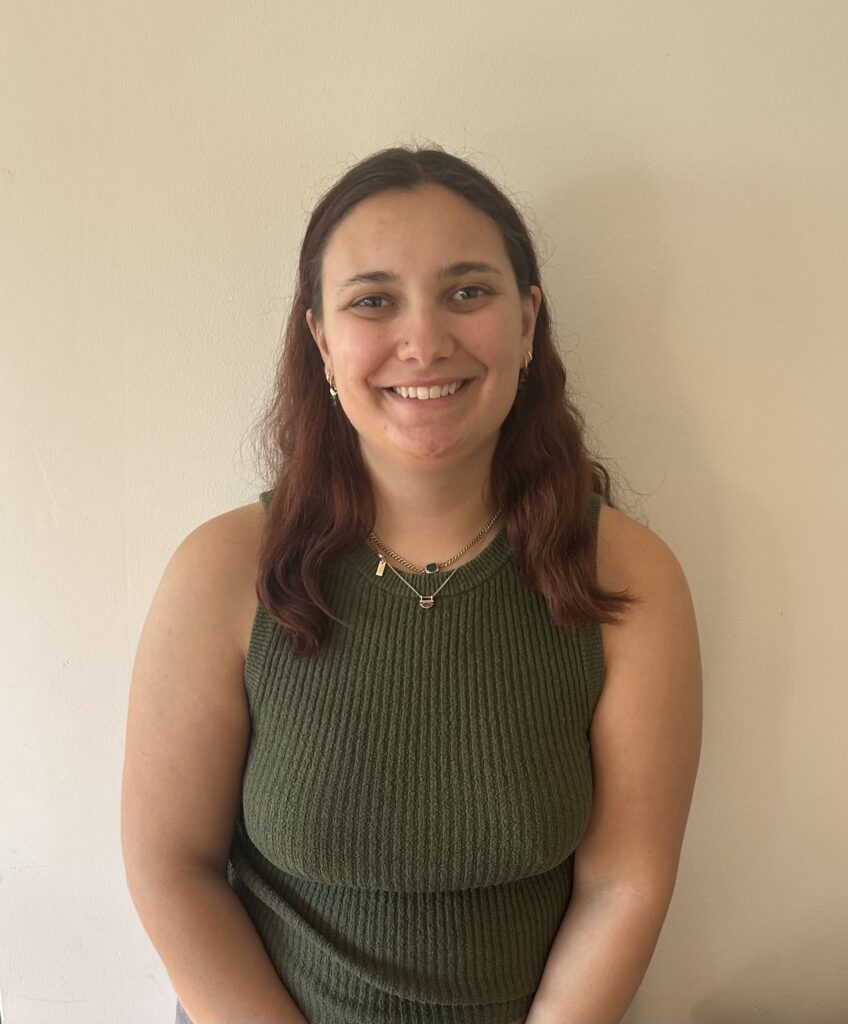
Jacinta Bisognin is a passionate and adaptable changemaker with a background in environmental management and community engagement. From working with Melbourne Water on sustainable waterway management to leading teams in fast-paced environments, she combines practical expertise with outstanding people skills.
Currently undertaking a Certificate IV in Education Support, Jacinta is committed to building connections between sustainability, learning, and community to create meaningful impact. Her volunteering journey reflects this dedication—from turtle conservation in Lombok to supporting Zero Waste Victoria, where she has been a driving force behind the scenes of the festival.
With her blend of environmental knowledge, educational focus, and community spirit, Jacinta brings energy, purpose, and collaboration to everything she does.
Michael Dossor

Michael has been instrumental in introducing groundbreaking smart packaging technologies to the Australian market. He shares his expertise at key events and tradeshows, highlighting the critical need for sustainable packaging solutions. Through his active involvement in industry advisory groups such as AIP, APCO, and GS1, Michael is committed to advancing the future of packaging and fostering industry-wide positive change
Result Group: Fruit Tattooing: Plastic produce stickers are one of the top persistent contaminants of composting facilities, resisting identification and removal, and ending up in finished compost. They might be small, but these stickers won’t be removed for “off spec” or spoiled produce, which results in truck loads of organics, being turned away from composting facilities and heading for our landfill sites.
Shamila Gopalan
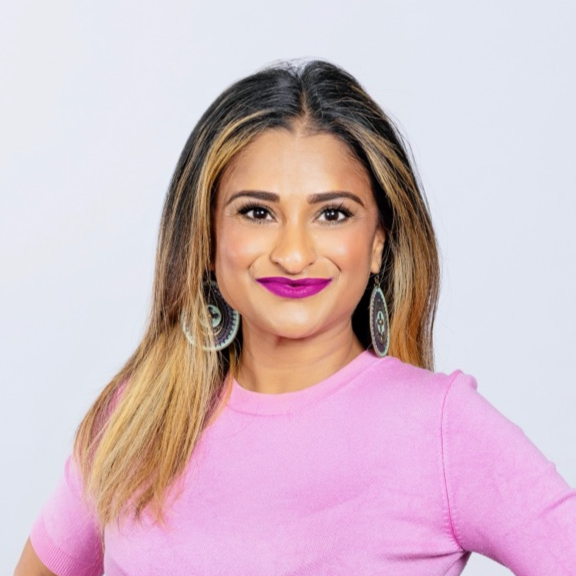
Associate Professor Lukas Parker is a top expert in social marketing and sustainability, leading the Communication Collaboratory to tackle behavior change and waste reduction. With over fifty publications and the acclaimed book Social Marketing and Advertising in the Age of Social Media (2020), Lukas reveals how marketing can drive eco-friendly habits and cut food waste. His work with VicHealth and Woolworths focuses on optimizing best-buy dates and minimizing food waste. Don’t miss the opportunity to hear from a leading innovator in marketing and sustainability!
Katrina Naish
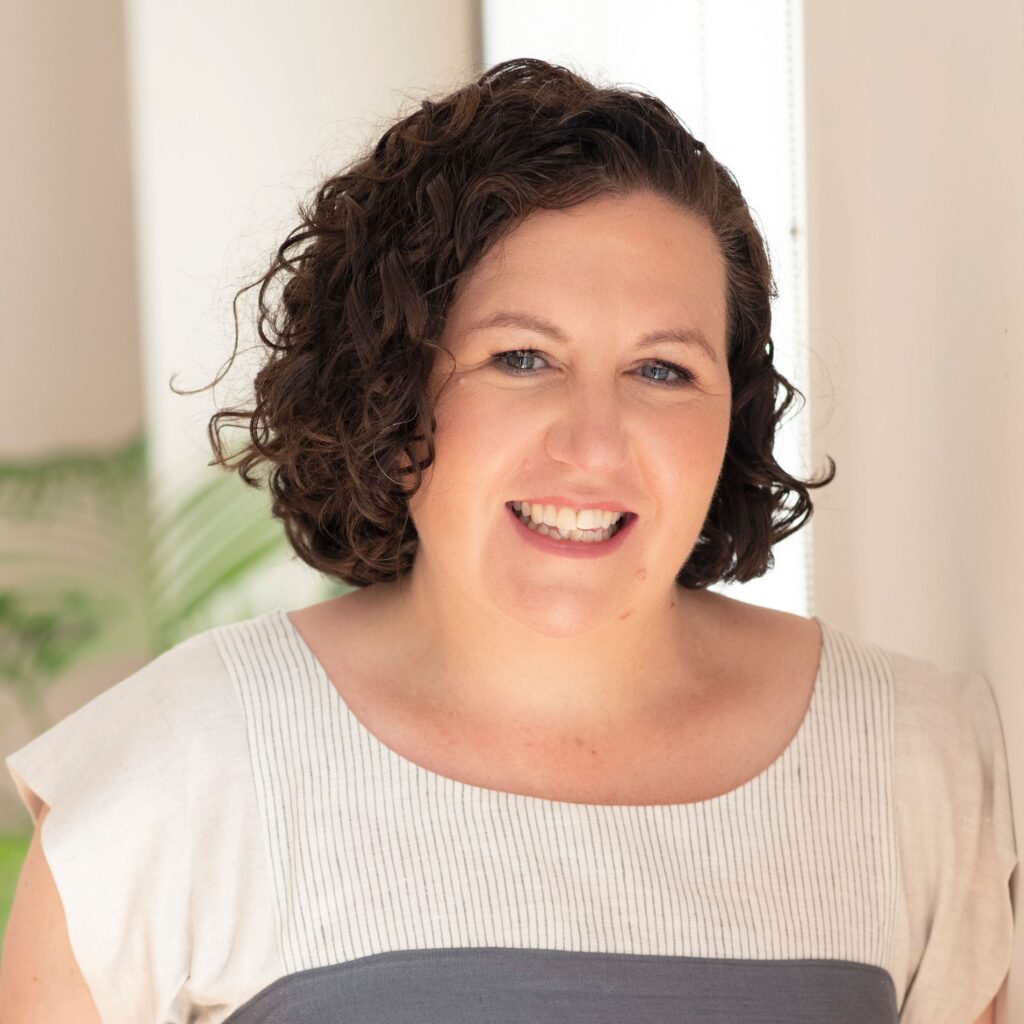
Chef and owner of Flavours of Syria, is a celebrated public speaker with a profound impact, having presented at Festival21, International Women’s Day, DonateLife, and the Department of Human Services. Although she misses Syria, Nayran reconnects with her homeland through the flavors she cherishes and her philosophy on the power of food to unite people. Driven by a deep commitment to giving back to the country that provided her and her family with safety, Nayran passionately uses her culinary skills to foster connection and community. Her resourcefulness and dedication shine through in her work, making her a notable advocate for the value of food and cultural exchange
Alicja Kuzmycz
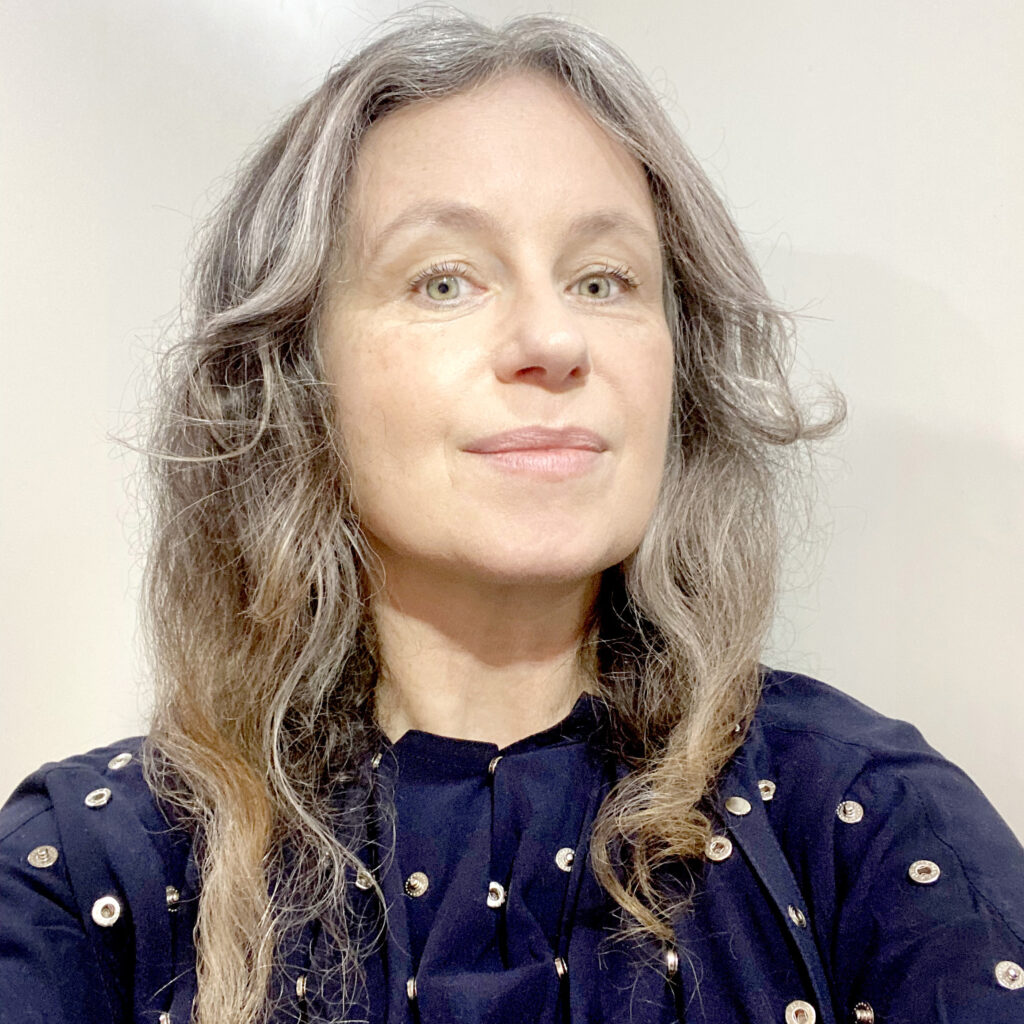
Ali is a multidisciplinary creative in fashion, fine art, and communications, currently a PhD candidate in Fashion and Textiles at RMIT University. Her research focuses on increasing garment wear through designs that respond to user feedback. With notable showcases at MF/W 2021 and a Top 20 spot in the We the Makers Sustainable Fashion Prize 2023.
Ali’s research on how we wear our wardrobe, and what factors impact how often an item gets worn, may surprise you.
Miriam Borcherdt
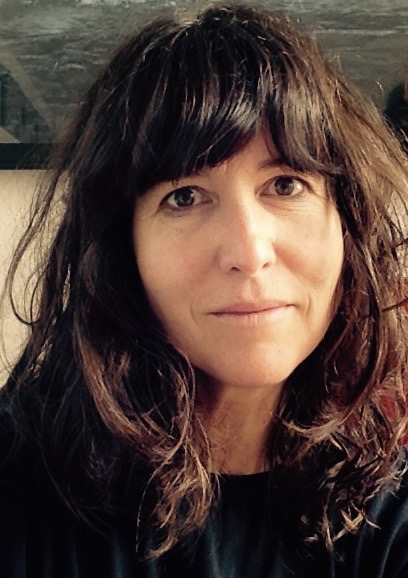
Miriam Borcherdt is a visionary designer and researcher at RMIT University, currently pursuing a PhD that reimagines pre-consumer textile waste through a collaboration with Country Road. With a rich background that spans founding two fashion labels—kin-studio and munk—and co-founding the interdisciplinary design studio CODA in Perth, Miriam brings a wealth of experience to her work. Her career includes stints at renowned fashion houses like Romeo Gigli in Milan and John Galliano in Paris. Miriam’s teaching career, which began in 2011, has focused on sustainability and ethics. Her research explores the challenges and opportunities in remanufacturing unsold garments and integrating them back into the retail stream, shedding light on the hidden costs and complexities of circular fashion. Miriam advocates for more mindful design practices and consumer habits, aiming to shift the fashion industry’s perspective on its environmental impact and economic footprint.
Dr. Elizabeth Hu
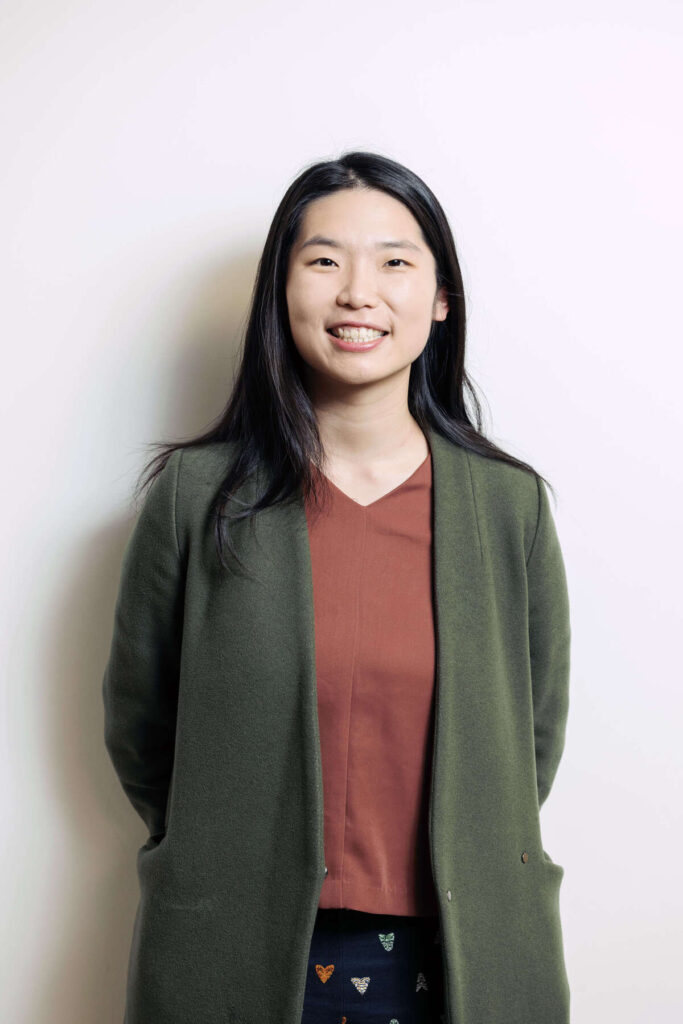
Dr Georgia McCorkill is a senior lecturer in design in the School of Fashion and Textiles. Her research explores sustainable design strategies such as upcycling, repair, and participatory design. Her work has been exhibited in galleries and festivals within Australia. Her current project Fashion Fix investigates garment repair from industry, community, creative and activist perspectives. Georgia applies her research into sustainable and circular design to the development and teaching of subjects that embed new processes for creating and making from textile waste as a core competency for students in the Bachelor of Fashion (Design).
